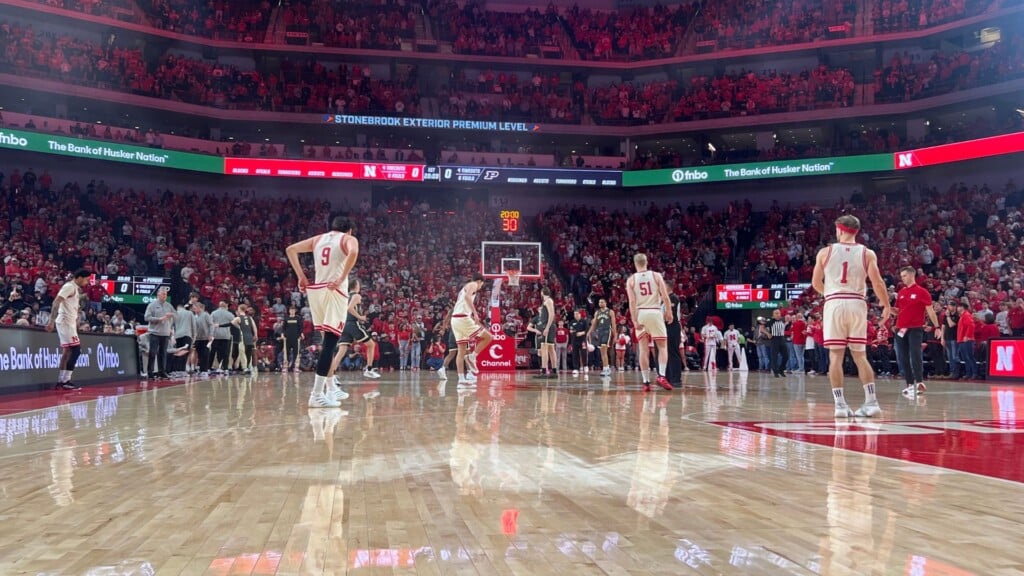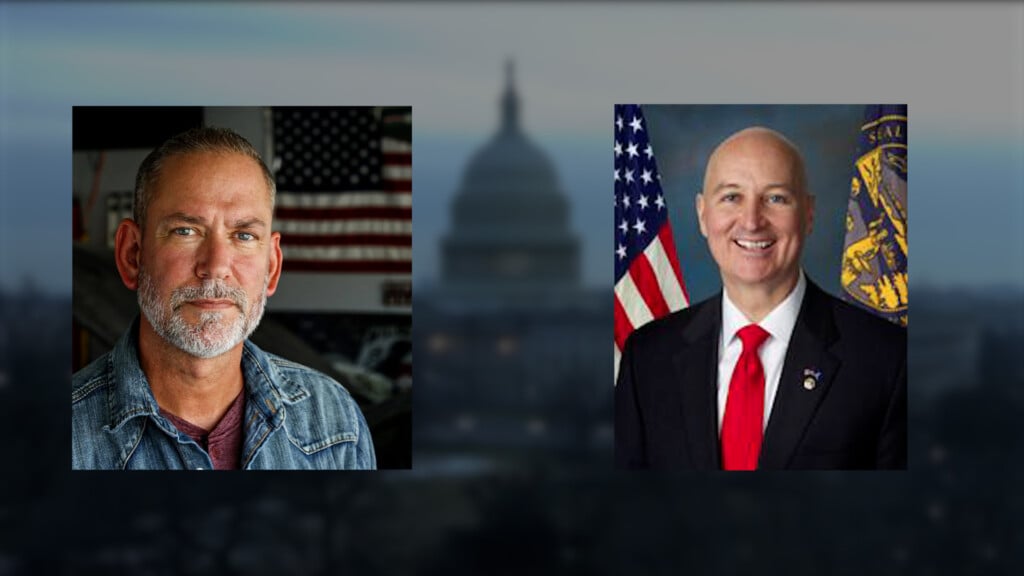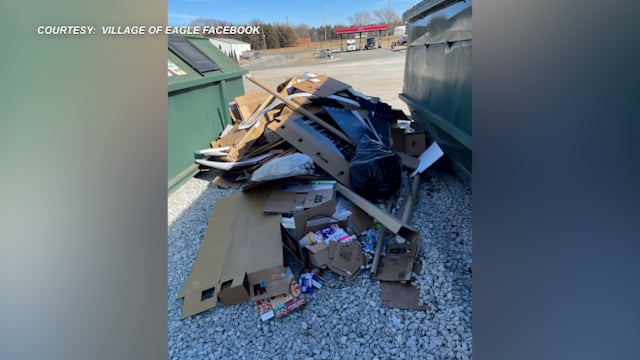‘Shame on them’: Lancaster County sheriff criticizes how other agencies use asset forfeiture
LINCOLN, Neb. (KLKN) – Civil asset forfeiture has been placed in the spotlight after Seward County seized around $7.5 million in five years.
It was second only to Lancaster County.
“It’s all about disrupting the criminal enterprise,” Lancaster County Sheriff Terry Wagner said.
SEE ALSO: Using loophole, Seward County seizes millions from motorists without convicting them of crimes
Civil asset forfeiture happens during routine traffic stops.
If law enforcement finds a large amount of cash in the vehicle and they think it’s linked to criminal activity, they can offer the driver a form.
The form says the motorist can surrender their money and drive away or face felony charges and possible jail time.
“In Nebraska, the Supreme Court has ruled that you can either prosecute someone for the crime they committed or you can seize the fruits of that crime,” Wagner said. “But you can’t do both.”
SEE ALSO: Motorists allege seized money went missing; Seward County sheriff refuses to reveal footage of stops
Between 2018 and 2022, Lancaster County seized nearly $13 million from traffic stops, which is the most by any county in the state.
But Wagner said his office doesn’t just keep the money it collects.
“There absolutely has to be a nexus to criminal activity that we are able to prove to be able to seize and keep those funds,” he said. “And we have given money back when we can’t make that connection.”
The process came under fire recently, with some calling it legalized theft.
And Wagner said it’s partly law enforcement’s fault.
“Some agencies don’t go the extra mile to prove that those funds or those proceeds are from criminal activity,” he said. “If they don’t take that extra step and if they don’t make the case that that money is part of a criminal enterprise, shame on them.”
SEE ALSO: Seward County sheriff responds to allegations of missing money
Half of the money seized by the Lancaster County Sheriff’s Office goes to public schools.
The other half goes to the county drug fund.
But not every county splits the money like that.
“There have been agencies that have spent money on very extravagant things that really raise public concern, and it should,” Wagner said.
Wagner said the main reason they do these seizures is not for the cash.
“I wouldn’t care if we didn’t get any of the money back,” he said. “The money is not the driving force here. It’s the crimes being committed that yield that kind of profit. That’s what we’re after, is that underlying crime. That’s what we really need to emphasize and put our focus.”



